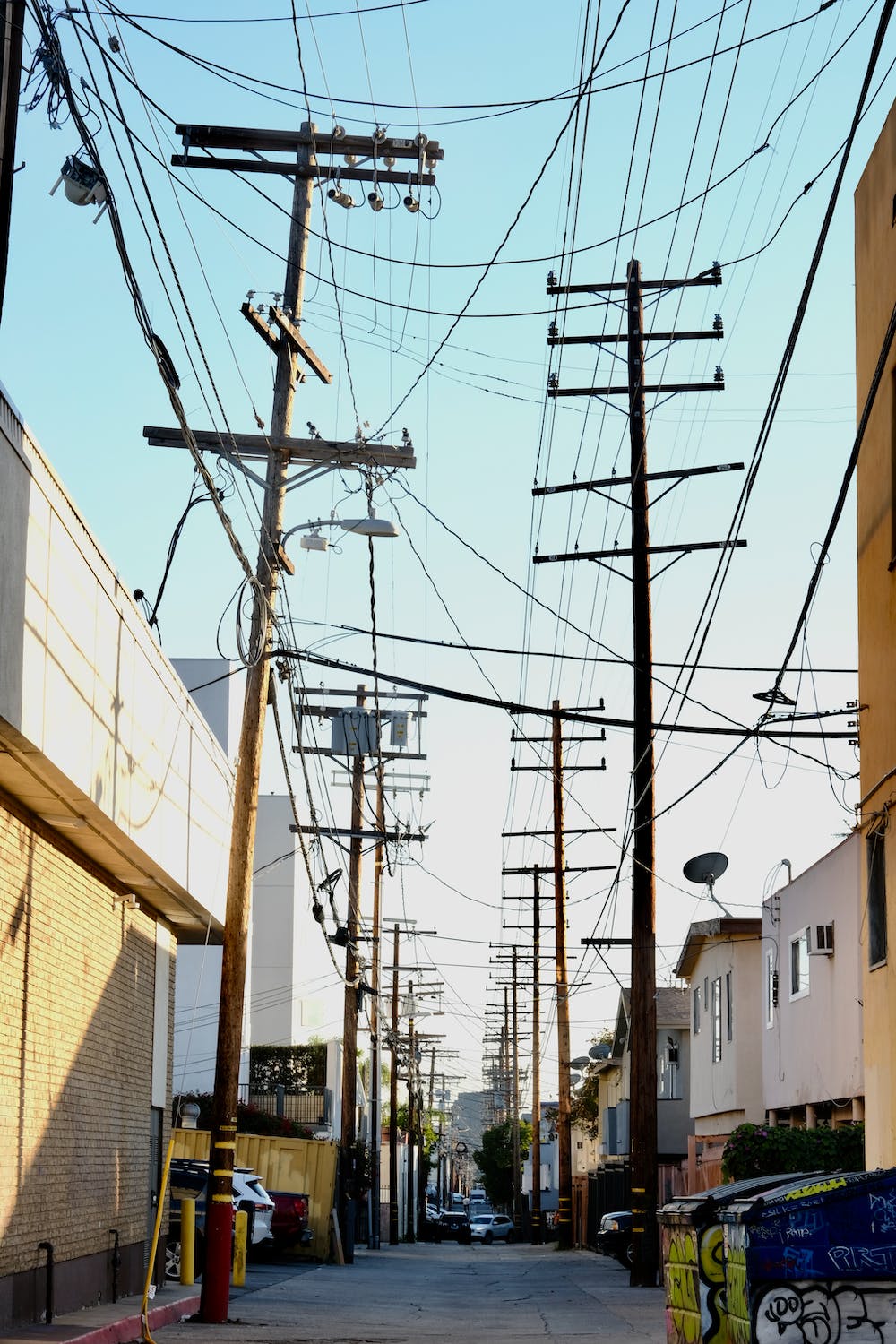The pricing problem with going green

If the government wants us to go green, it's no mystery that they need to make electricity cheaper and gas more expensive. In turn, reducing the need to provide expensive incentives to get us to install heat pumps.
An example of how not to approach this is through examining the UK's flagship heat pump scheme, which aimed to have 30,000 annual installations. This has been criticised for spending just 40% of its budget and missing its target. Launched in May 2022, the Boiler Upgrade Scheme allows households to claim a £5,000 voucher that can be put towards the cost of replacing a gas-powered boiler with an electrically-powered heat pump.
The scheme was given a budget of £150m, enough to pay for about 30,000 heat pumps. However, fewer than 10,000 heat pumps were installed in the first year of the programme. The scheme has been criticised for being a taxpayer handout to those who do not need it, and for failing to save carbon in comparison to investments in insulation. It has been called an "embarrassment" by some, and there have been warnings that the government's goal of installing 600,000 heat pumps per year by 2028 is unfeasible.
This is a perfect example of not tackling the problem head on. Cheaper electricity prices and more expensive gas prices must be at the forefront of the government's plans to make our nation truly green.
As our society becomes more aware of the impact we have on our environment, many of us are taking steps to live more sustainably. However, for us all to truly make a difference, we need the support of our government. If the government wants us to go green, they need to make electricity cheaper and gas more expensive.
One of the biggest barriers to adopting green technologies like heat pumps is their upfront cost. While these technologies are ultimately more energy-efficient and cost-effective over time, the initial investment can be a deterrent for many homeowners. However, if electricity were cheaper and gas more expensive, the cost savings of green technologies would become more apparent, and more people would be willing to make the switch.
In addition, by making gas more expensive, the government can incentivise individuals and businesses to reduce their reliance on fossil fuels. This would lead to a decrease in greenhouse gas emissions and help us meet our climate goals.
By taking these steps, the government can create a more level playing field for green technologies and reduce the need for expensive incentives to get people to adopt them. It's time for our leaders to take bold action to support sustainable living and create a brighter future for us all.